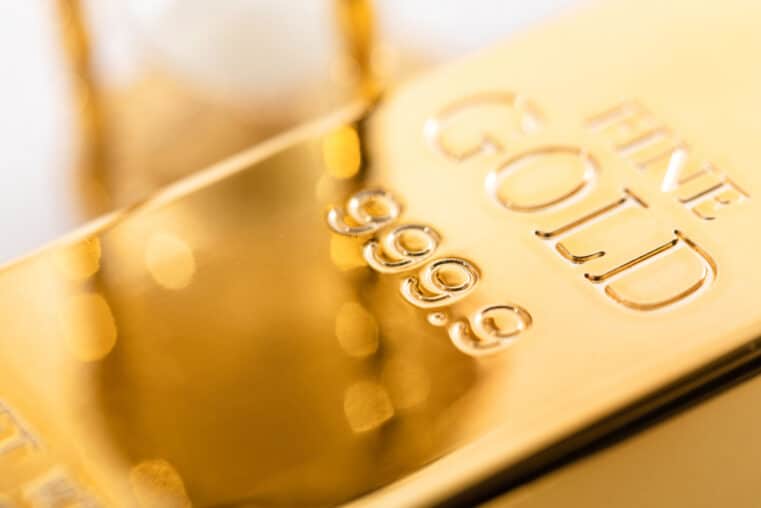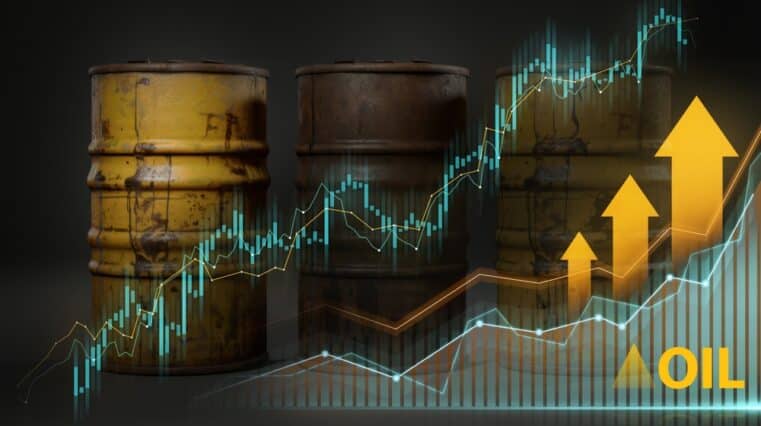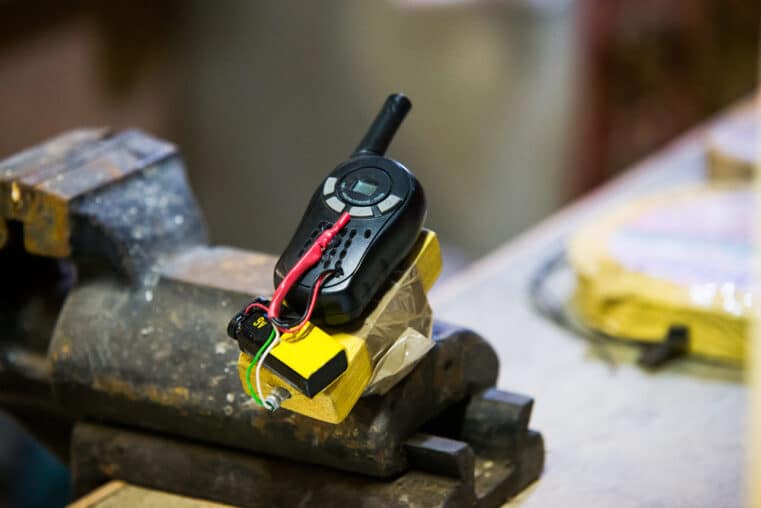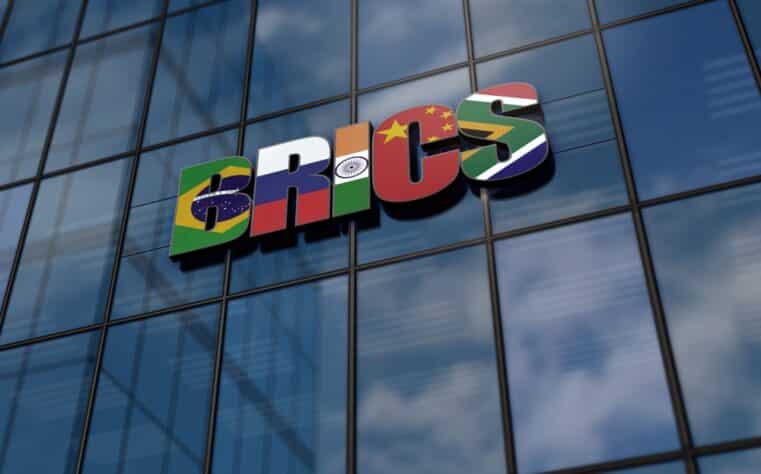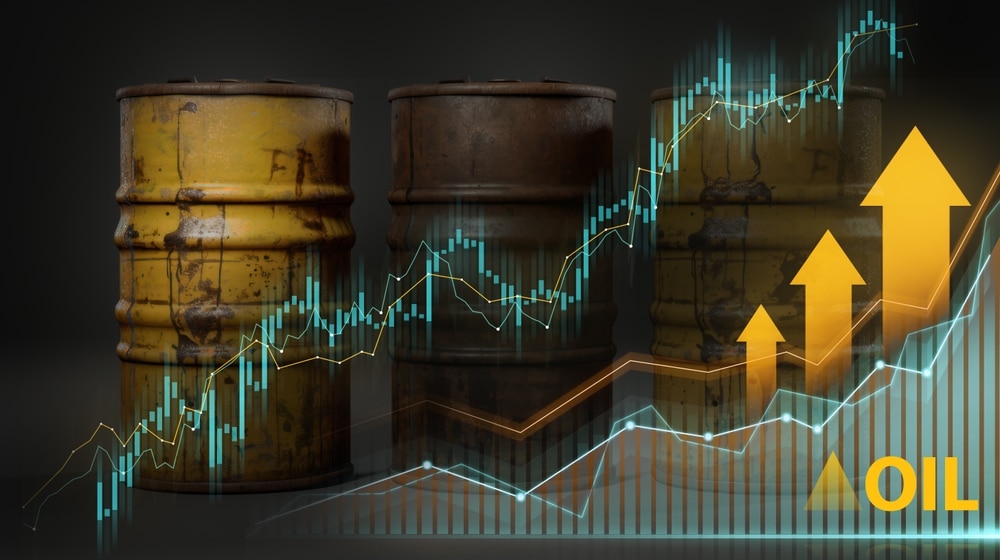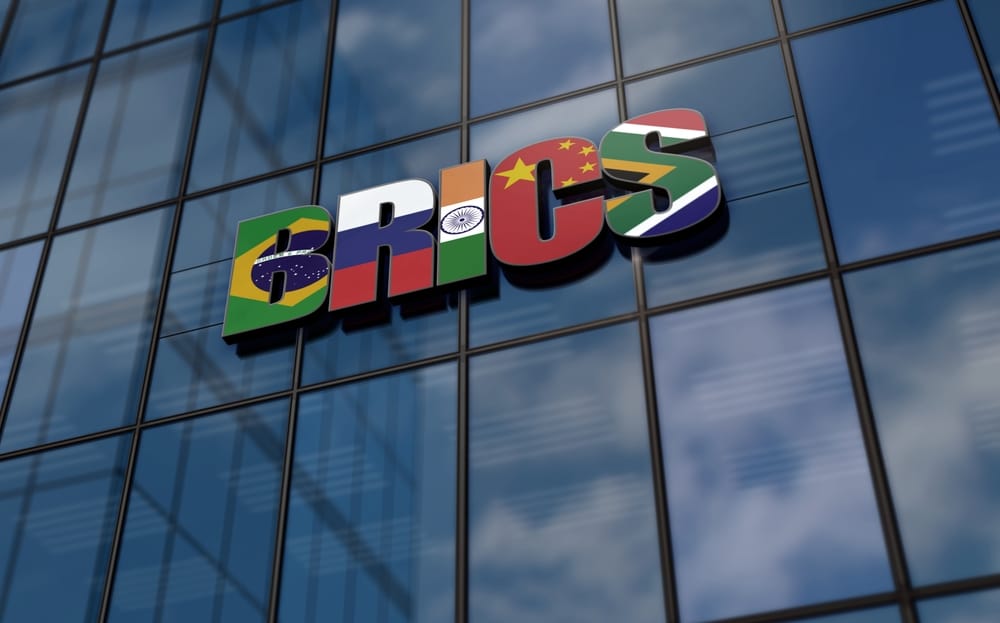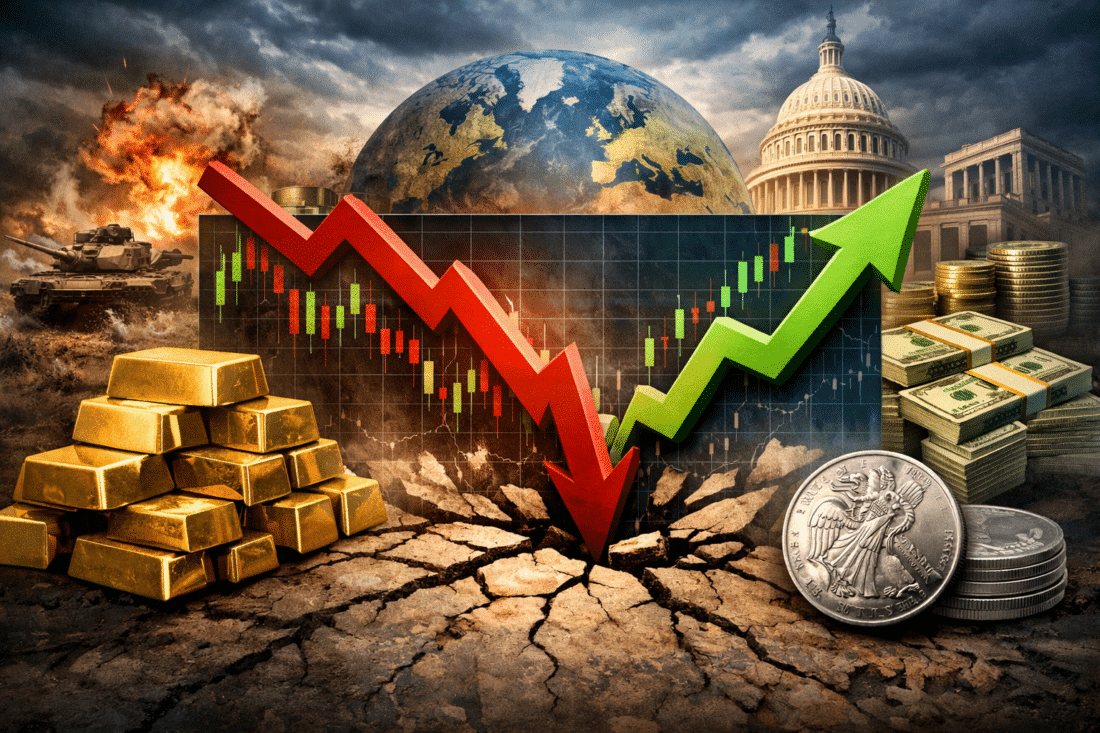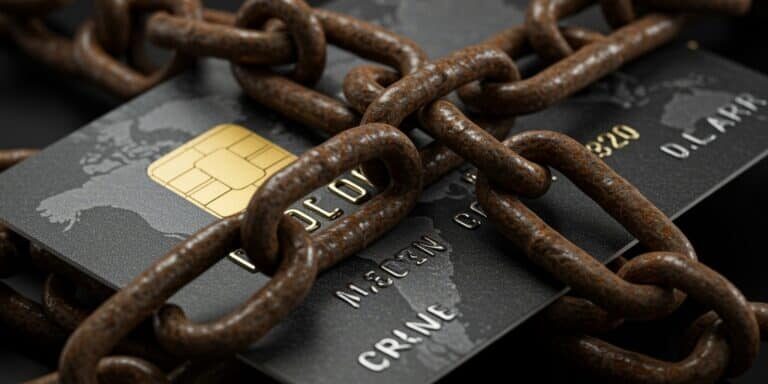
Credit as a Survival Tool? Welcome to America’s Financial Endgame
💳 Credit Cards and Chains: America's Debt Trap Is the New Financial Warfare
🧨 Introduction: Survival Is the New Luxury
Let me ask you something: What happens when your paycheck no longer covers your groceries, your rent, or even your gas? You swipe a card. And that simple act—so seemingly harmless—is exactly how millions of Americans are being funneled into a system designed to enslave them.
Credit card debt has hit a record $1.21 trillion. That’s not a statistic. That’s a verdict. The middle class is being wiped out—not by job loss, but by quiet, compounding financial erosion. And make no mistake: it’s by design.
🧠 Analysis: When Convenience Becomes Control
We were told credit cards were a tool. A convenience. A bridge between paychecks. Now they’re lifelines—for people trying to survive rising costs in a collapsing fiat economy.
Here’s the real kicker:
- 🔺 $27 billion increase in credit card debt just in Q2 2025
- 💣 6.93% of balances now delinquent—a level approaching 2008 crash territory
- ⚠️ Average interest rate? 28%
You read that right. 28%. In a nation where the Fed plays God with monetary policy, interest rates like these aren't just predatory—they're strategic. They ensure one thing: you never escape.
Because here’s the truth: if you’re paying rent, utilities, or feeding your kids with a 28% APR, you’re not living—you’re borrowing time.
🕸 The Minimum Payment Mirage
Have you ever noticed that your credit card company is thrilled when you make the minimum payment?
They’re not helping you stay afloat. They’re tightening the net.
Take this example:
- A $5,000 balance at 28% interest, paying only the minimum?
- You’ll be in debt for over a decade.
- You’ll pay back 2–3x what you borrowed.
This isn’t a financial strategy—it’s a legalized con. It’s a trap so effective it doesn’t need bars. It just needs compounding interest and a public kept financially ignorant.
🔁 The Feedback Loop of Despair
Let’s walk through the vicious cycle most Americans are stuck in:
- Prices rise (thanks, inflation).
- Wages stagnate (thanks, globalism).
- People borrow to survive.
- Interest accumulates.
- Disposable income evaporates.
- People borrow again.
This is not a personal finance problem. This is a systemic economic assault, orchestrated by central banks, endorsed by governments, and profited on by the financial cartels that own both.
💡 Solutions: How to Break the Chains
If you’re waiting for Congress to save you, stop. They’re too busy voting themselves raises while you’re figuring out how to split your last $20 between gas and milk. Here’s what you can do:
- Never carry a balance—if you can’t pay it off at month’s end, don’t swipe.
- Attack the highest-interest debt first, even before saving.
- Stop falling for “rewards” programs—they’re bait on the hook.
- Consider consolidation at lower rates, but vet the lenders. Many are wolves in sheep’s clothing.
- Most importantly—get educated. Stop outsourcing your financial thinking to those profiting from your ignorance.
🔚 Closing Thoughts: This Is the Canary in the Coal Mine
$1.21 trillion in credit card debt isn’t just a number—it’s a death knell. It signals that the average American is out of rope. We’re not looking at an economy in recovery. We’re looking at a nation swiping its way toward collapse.
The question is: Will you see the trap for what it is—or continue playing a game rigged against you?
✅ Your Next Step: Break Free from the System
The financial landscape is shifting faster than most realize, and those who fail to prepare risk being left behind. If you’re ready to take control of your financial destiny, I’ve got two resources that can help you start today:
📘 Download my free book, "Seven Steps to Protect Your Bank Accounts," and learn actionable strategies to shield your wealth from the coming economic storm.
📗 Get a discounted hardcover of "The End of Banking as You Know It"—a must-read for anyone serious about unplugging from the matrix of monetary control.
Remember: Control the money, and you control the people. But free the money... and you free yourself.
—Mr. Anderson




